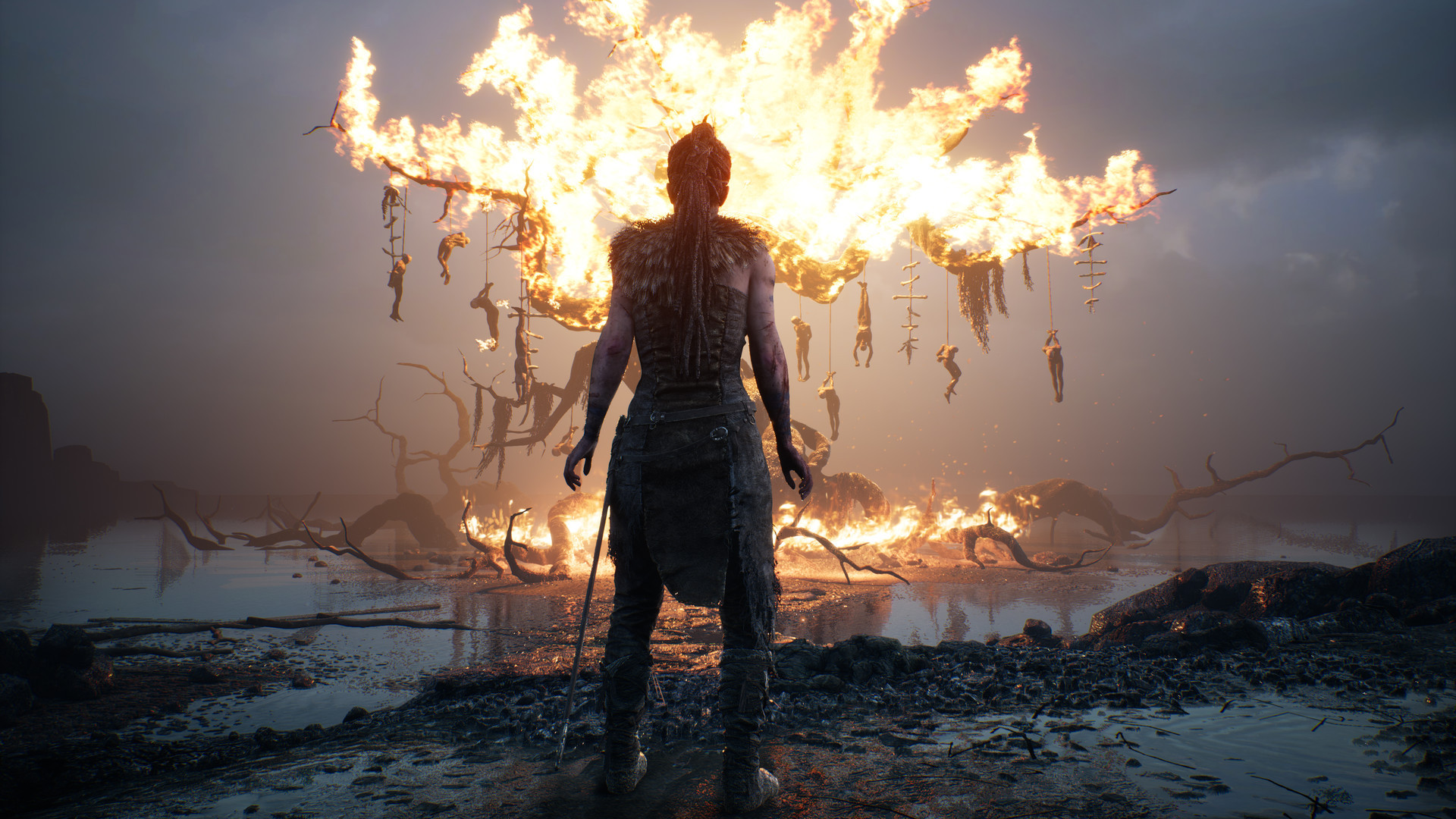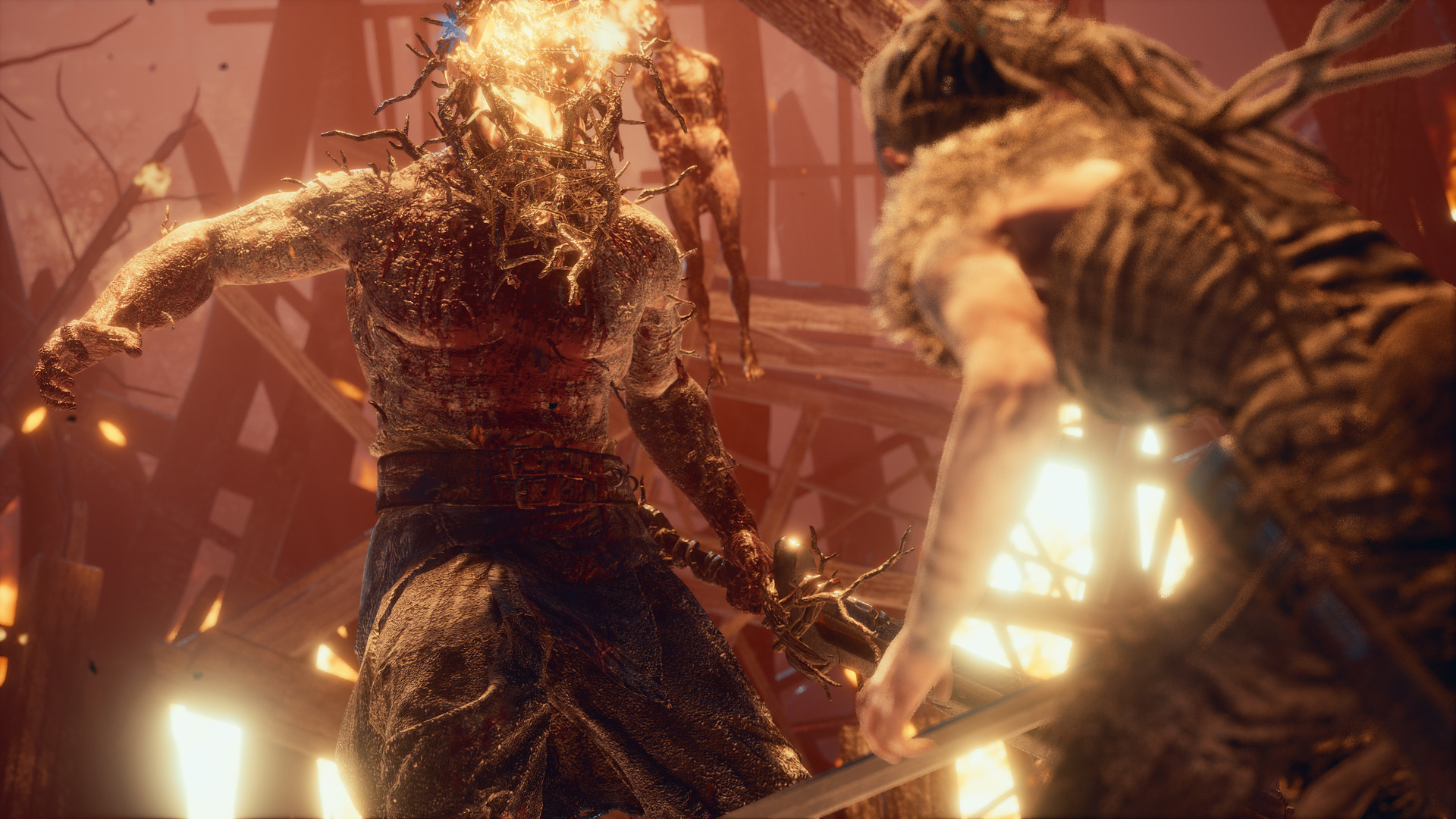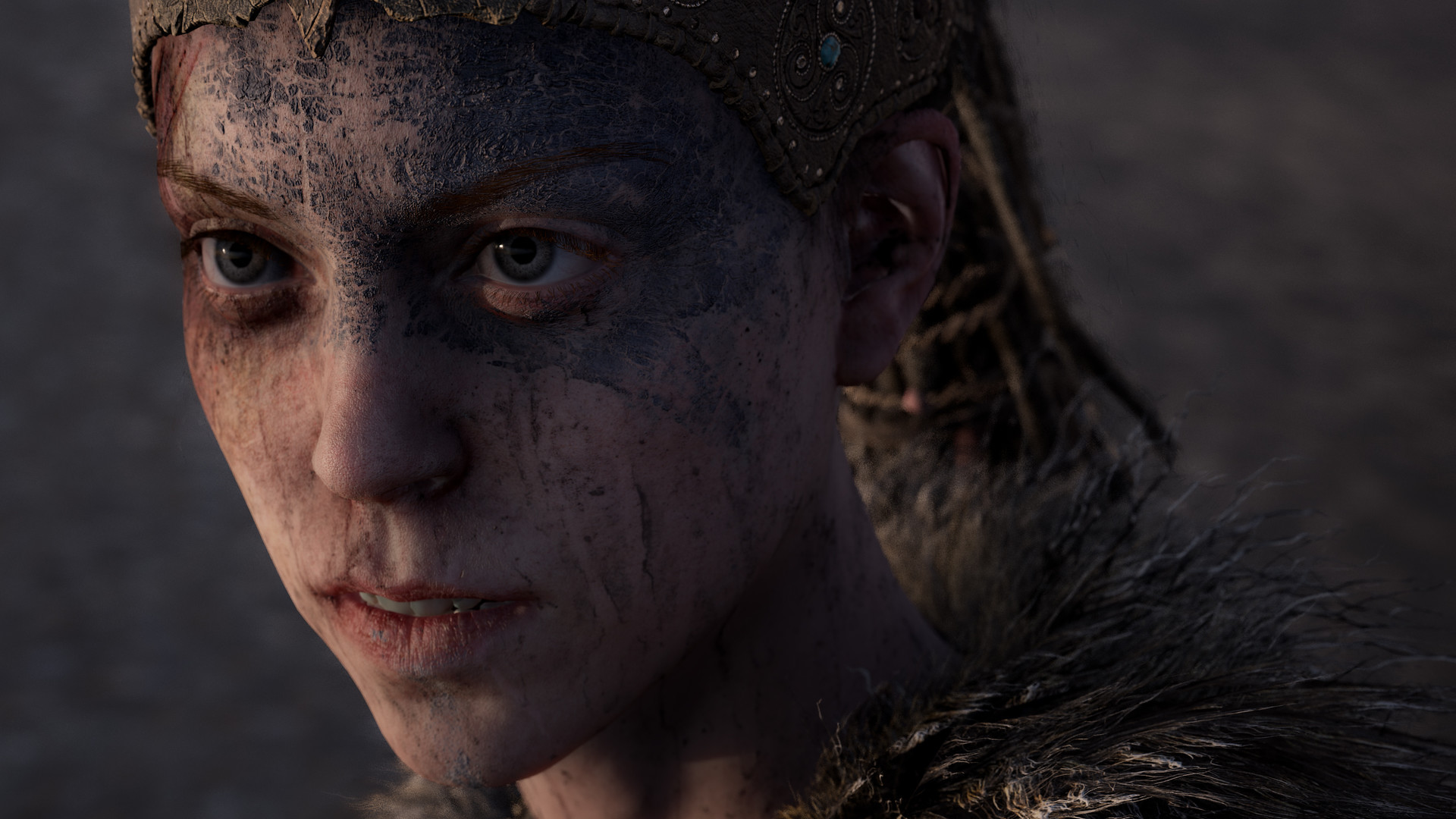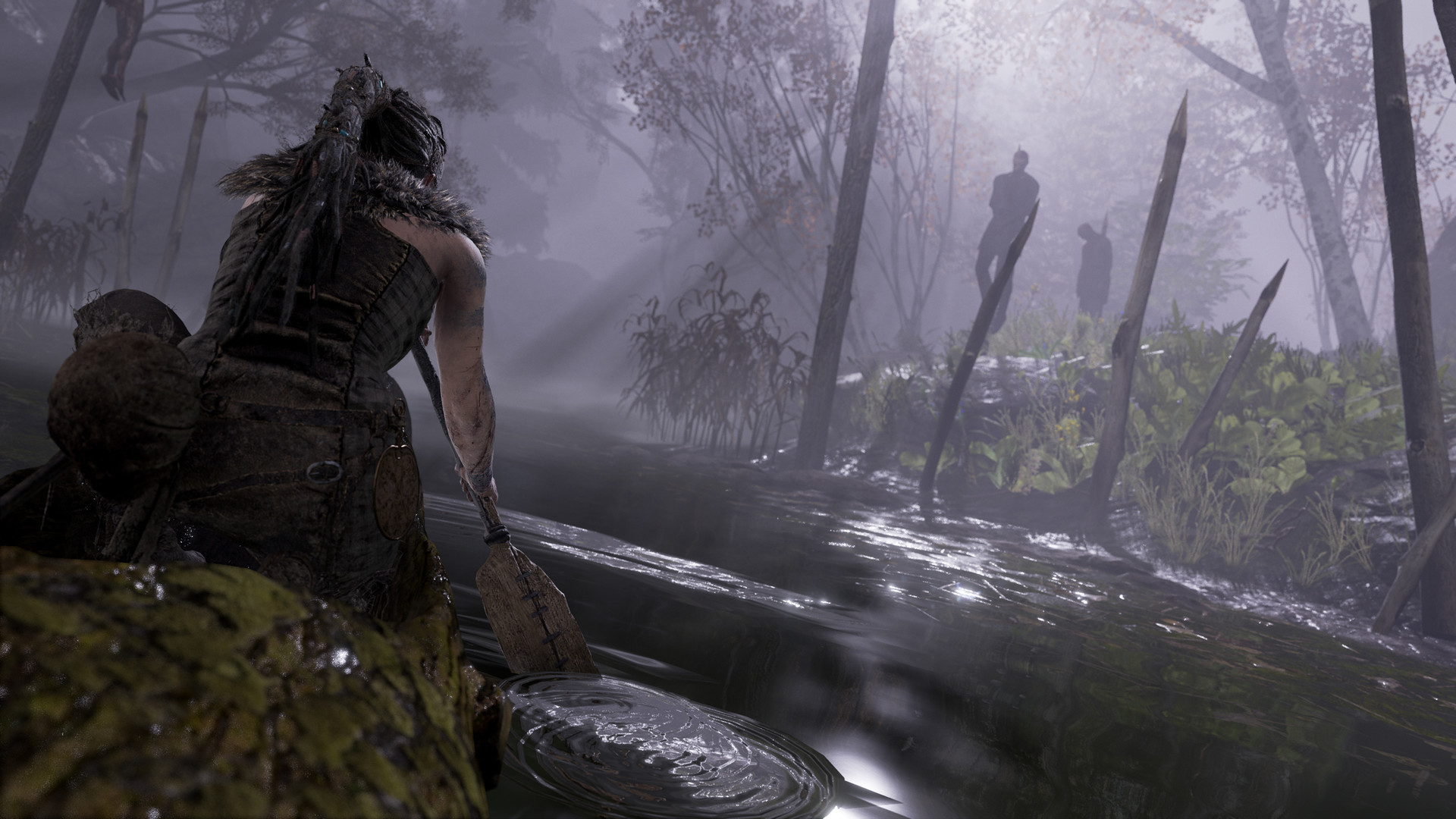From the makers of Heavenly Sword, Enslaved: Odyssey to the West, and DmC: Devil May Cry, comes a warriorâs brutal journey into myth and madness. Set in the Viking age, a broken Celtic warrior embarks on a haunting vision quest into Viking Hell to fight for the soul of her dead lover. Created in collaboration with neuroscientists and people who experience psychosis, Hellblade: Senuaâs Sacrifice will pull you deep into Senuaâs mind.
Hellblade Senuas Sacrifice is also available on XBox One & PS4.
Hellblade is a kind of a game you have not played yet. Despite the smaller variability of enemies, it offers such a powerful experience that we have to recommend it. Senua's mind suffers and you suffer with her. Ragnarök is coming. [Issue#277]
Hellblade is one of the game industry’s few genuine dramas – a dark, uncomfortable experience that makes players suffer alongside its protagonist. By intentionally avoiding the standard power fantasy in their designs, Ninja Theory has shined a light on mental illness, an important subject that many people are ill-informed about, and they’ve portrayed it in an immersive manner that no other storytelling medium could. For those up to the challenge, it’s a must-play, and one of the boldest and most important artistic endeavors games have seen in quite some time.
Clocking in at around 6 hours, there isn’t any real replay value unless you’re someone like me who likes to go back to see how the experience changes after I’ve been enlightened with the full picture. While some may claim that it is far too short of a game, I would argue that it is the perfect length for this particular title, and as it retails at half the cost of a typical triple A game at $29.99, it more than justifies its asking price. After all, I certainly don’t think this would have been a better game if it was double the length at twice the cost.
Hellblade: Senua’s Sacrifice is a clear example of a game as an art form with a strong message and a complex, layered narrative. It’s true that you’re sort of along for the ride and most of your interactions are through your emotional response to what is depicted rather than through the mechanics of the game, but is that such a bad thing?
Ninja Theory ought to be praised for what it’s achieved – an adult story that’s told like no other, combat that’s skilful and harrowing, unique environmental based puzzles and light, scenic adventuring. It’s just a shame that some of Hellblade‘s gameplay components at times feel forced.
Over the course of its journey, Hellblade keeps its gameplay lean in order to not overstay its welcome. Despite the complexity of the narrative and its presentation, combat only happens when it needs to, and puzzle solving and set-piece moments often drive the story forward to reveal more about Senua's motivations. Which in turn reveals the struggles that torment her, preventing her from moving on.
Odd as it may sound to recommend a game moreso on its story, Ninja Theory’s latest is an interesting, if flawed, entrant.
July 26, 2018
Hellblade VR will be available on Oculus and Vive!




